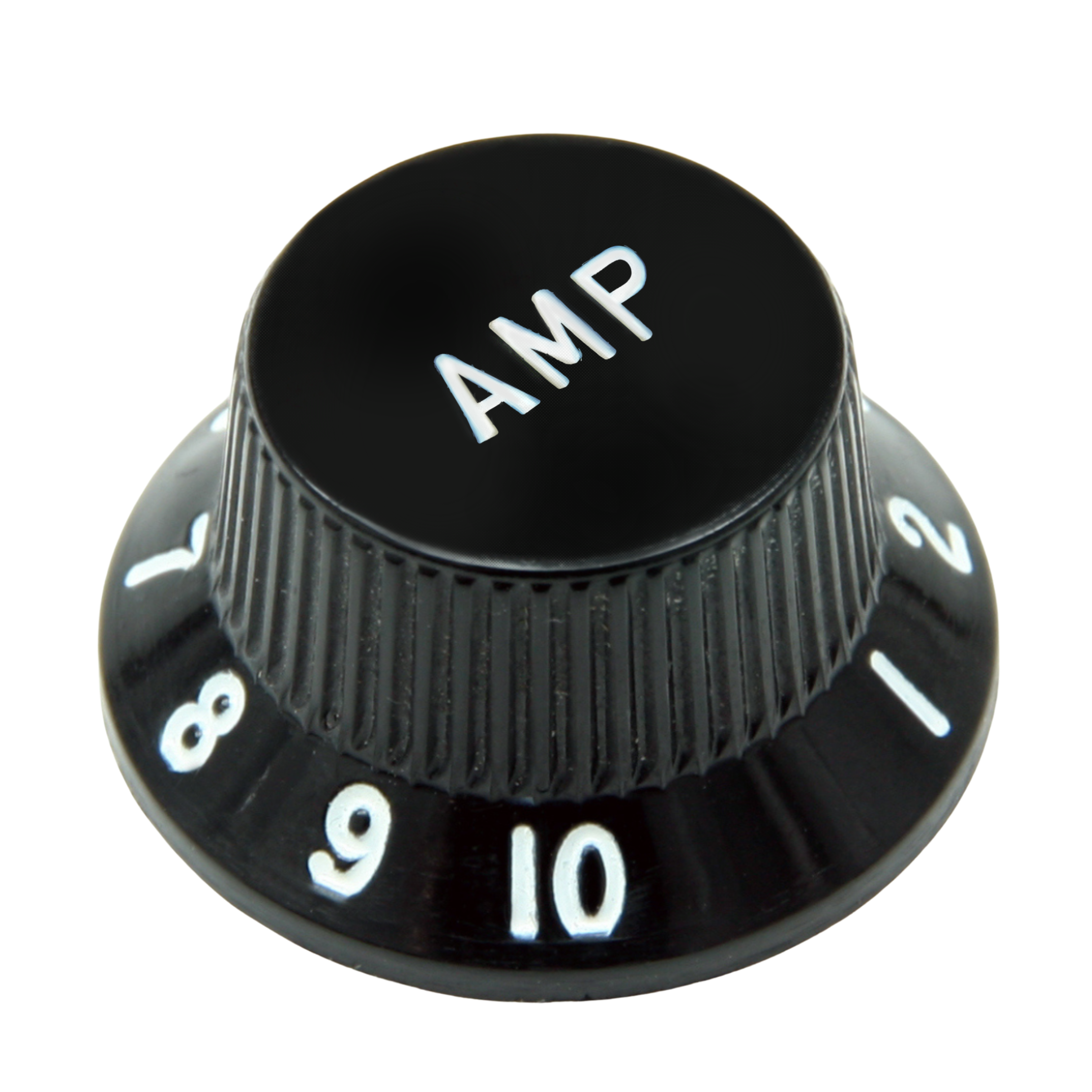It’s 3 a.m. and I’m hearing colors. The sheen of billboards and buildings flashes before my mind’s eye as the deliciously funky basslines and peppy trumpets of Mariya Takeuchi’s “Plastic Love” worm into my ears. All signs point to a session of easy listening, yet I find myself desperately clinging to memories that aren’t mine— reminiscing night after night about moonlit drives down the streets of Tokyo as a New Yorker with barely a learner’s permit to my name.
My recent listening habits have been dominated by a loose ecosystem of 70s and 80s Japanese pop music. While these tracks were initially dismissed as cheesy, mainstream ‘shitty pop’ by the Japanese listeners who grew up with them, their resurgence in the 2010s, largely driven by the YouTube algorithm, has cast a nostalgic sheen upon the genre, which was retroactively labeled by its western audience as ‘city pop.’ While City Pop may appear to be a niche subgenre simmering on the fringes of the internet, its influence has sizzled into some of the hottest musical acts on the planet. The nostalgically-charged production of The Weeknd’s “Out of Time” and J. Cole’s “January 28th” both pay a clear homage to the City Pop sound, with the former featuring shimmering synths sampled directly from Tomoko Aran’s “Midnight Pretenders,” and the latter incorporating wistful vocals taken straight from Hi-Fi Set’s “Sky Restaurant.” Likewise, the driving melody in the latter half of Tyler, the Creator’s heartbreak anthem “Gone, Gone/Thank You” is a direct interpolation of “Fragile,” a track from the king of City Pop himself, Tatsuro Yamashita.
But how do these distant echoes from such a different time and place resonate with modern listeners? As we journey back to the late 1970s, we find Japan emerging from the ashes of a devastating post-war period, embarking on a rapid path of industrialization and globalization. This transformation marked an era characterized by unprecedented economic prosperity and cultural dynamism. To craft a soundtrack for this era of boundless optimism and extravagant excess, Japanese musicians found inspiration in the jazzy chord progressions and futuristic instrumentation of American pop music, resulting in a musical aesthetic that mirrored the Eastern cultural zeitgeist by weaving together bits and pieces of the Western musical tradition. When consumed by Western audiences today, the genre’s juxtaposition of musical familiarity with cultural and temporal distance creates a surreal, uncanny valley-esque atmosphere that frames city pop as the perfect projection site for escapist fantasies.
This musical mixture of East and West holds a deep level of personal resonance as someone who must constantly wrestle with my dual identities. To be an Asian American is to be two parts that will never be a whole— maintaining a level of distance from my ethnic roots as an American citizen while being distanced from America as a perpetual foreigner viewed as a deviation from its racial binary. It is this very juxtaposition I embody that brings me closer to this liminal genre, which evokes a sort of utopian fantasy that affirms and reconciles my dueling identities. Listening to city pop is an existential bout of pins and needles. It feels fuzzy, warm, and comforting when the fantasy softly floats into my periphery, but press too hard and I’m pricked by the sharp reality of a past that has never come to pass.
Some nights I wonder if, somewhere on the other side of the world, Japanese teens jaded by the glitz and glam of the city are losing sleep over fantasies of rolling pastures and blue skies through the twangs of a ‘country pop.’
Feature image by Emma Chang

